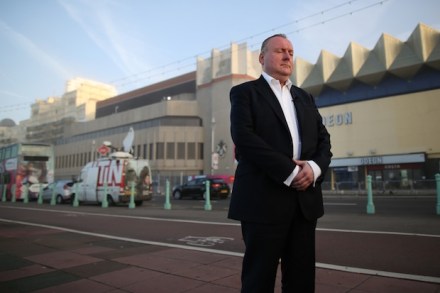Rod Liddle: Under New Labour, it really was the loony left
There is a little vignette in the first volume of Alastair Campbell’s diaries that makes it abundantly clear that, at the time, we were being governed by people who were mentally ill. It is yet another furious, bitter, gut-churning row involving Campbell, Tony Blair and Peter Mandelson and concludes with Mandelson stamping his little feet and screaming: ‘I am sick of being rubbished and undermined! I hate it! And I want out.’ The cause of this dispute was not whether or not Labour should nationalise the top 200 companies and secure for the workers by hand or by brain the full fruits of their industry. Don’t be silly. It was




















